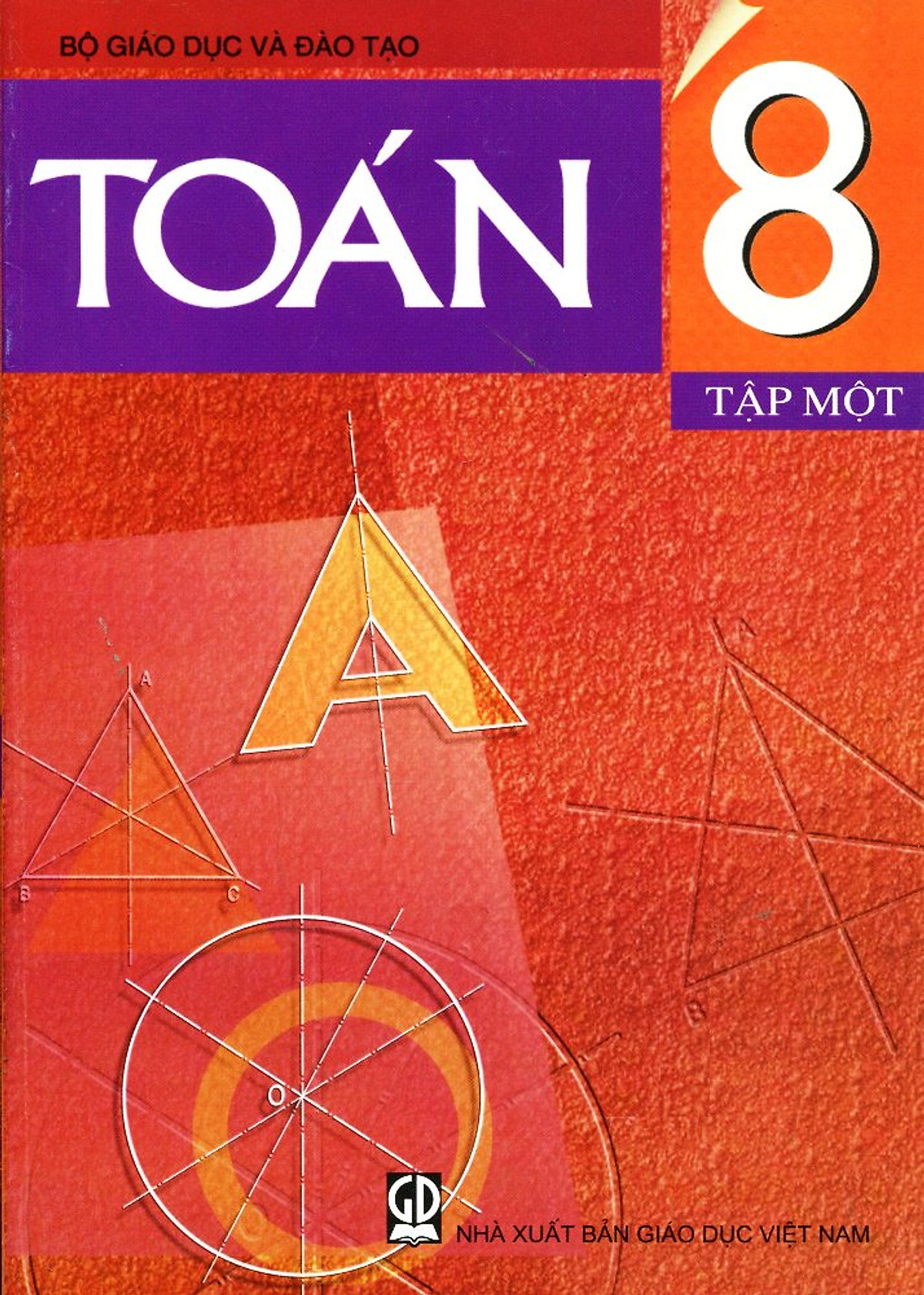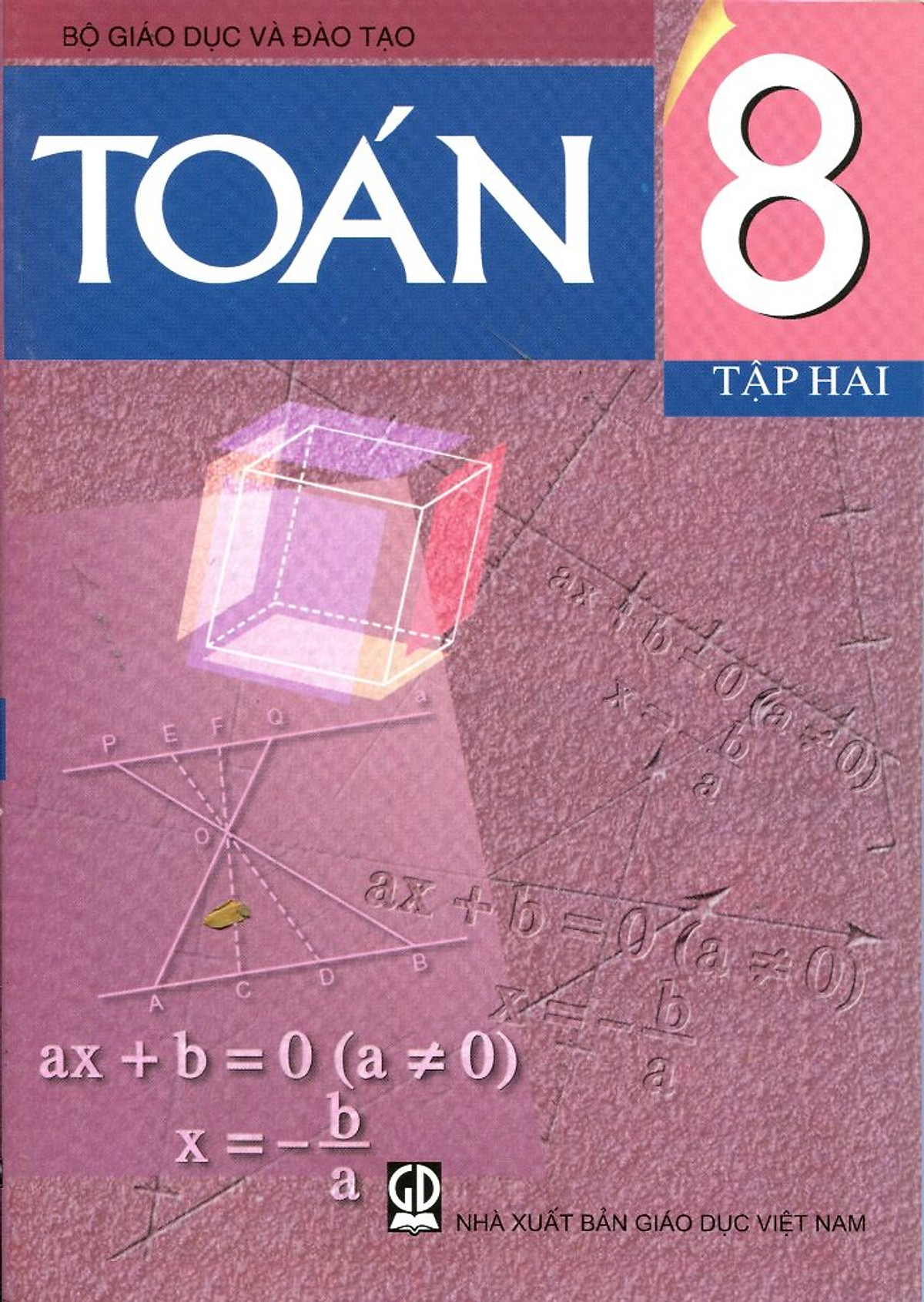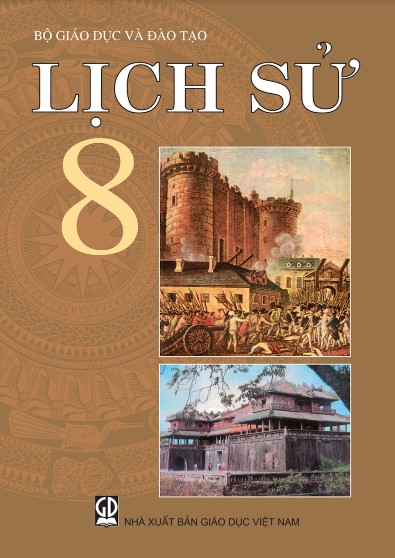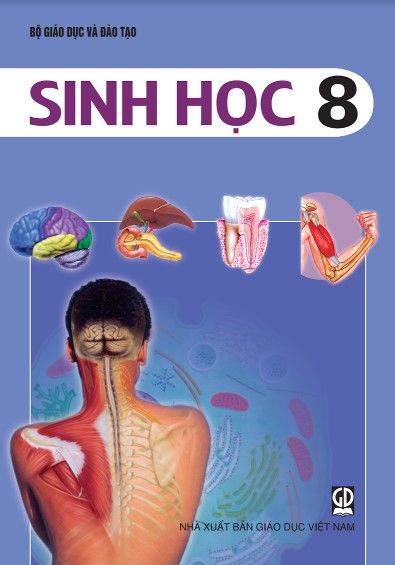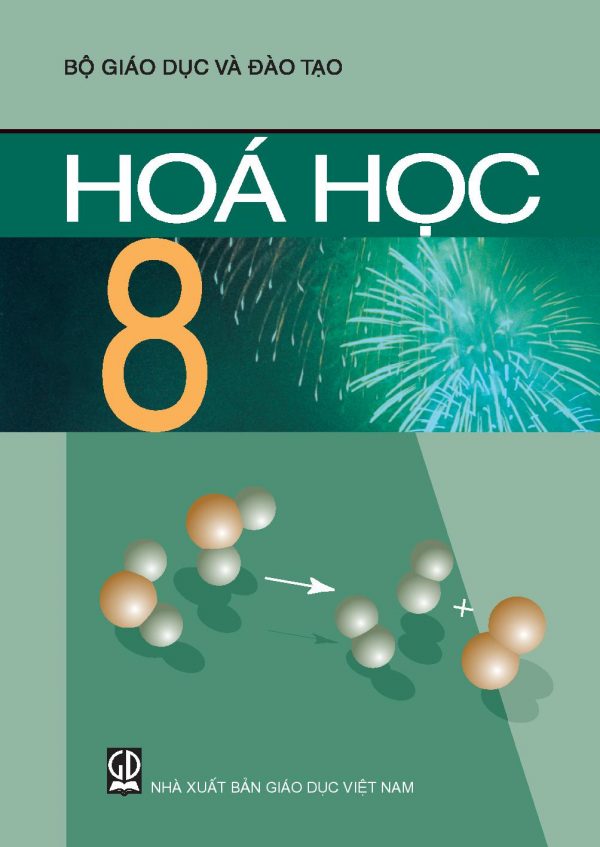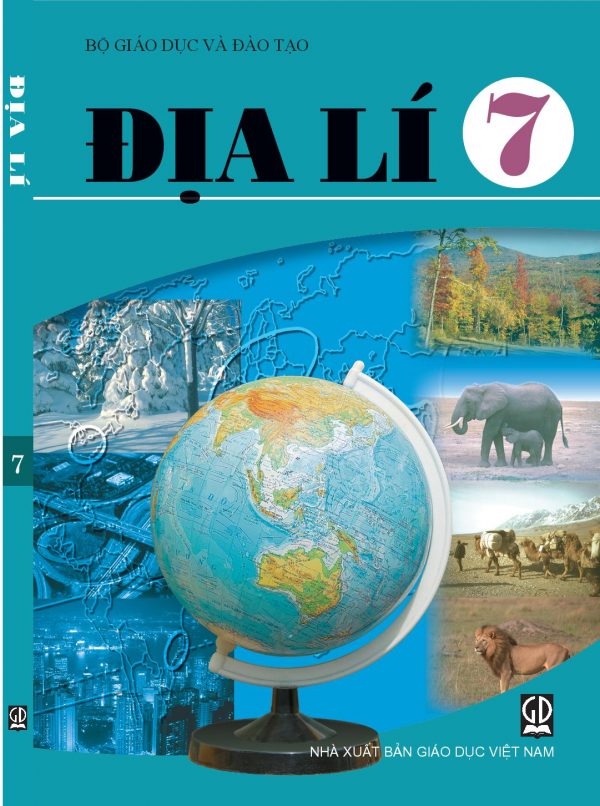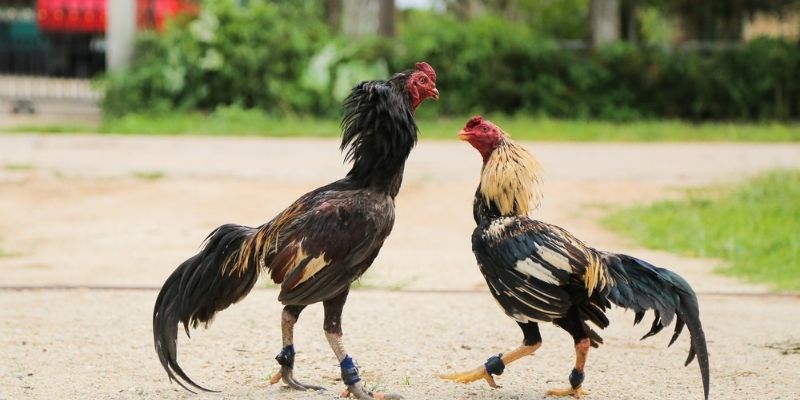(Page 21)
👉 A CLOSER LOOK 2
Grammar
Comparative adverbs
💡 Remember
- For most adverbs (often with two or more syllables), we make comparative forms by adding more.
Example: slowly -> more slowly
carefully -> more carefully
- For adverbs that have the same forms as adjectives like fast, hard, soon, etc., we make comparative form by adding -er.
Example: fast -> faster
hard -> harder
- Some irregular adverbs: well -> better
badly -> worse
- Write the comparative forms of the adverbs in the table below.
Adverbs Comparative form long longer high late quickly frequently early much little - Complete the sentences with the comparative forms of the adverbs in the brackets.
1. Mai dances (beautifully) _____ than Hoa does.
2. Please write (clearly) _____ . I can't read it.
3. Life in the city seems to move (fast) _____ than that in the countryside.
4. If you want to get better marks, you much work much (hard) _____.
5. Today, it's raining (heavily) _____ than it was yesterday. - Complete the sentences with the suitable comparative forms of the adverbs from the box.
early soundly fast
carefully quietly
1. After his accident last month, he drives _____ now.
2. A horse can run _____ than a buffalo.
3. You're too loud. Can you spead a bit _____ ?
4. After working hard all day on the farm, we slept _____ than ever before.
5. The farmers stared harvesting their crops _____ than expected.
(Page 22) - Read the situations and complete the sentences using the comparative forms of the adverbs in brackets.
1. The red car can run 200 km/h while the black car can run 160 km/h.
The red car can run ____________________. (fast)
2. Nick can jump 1.5m high while Tom can jump only 1.3m.
Nick can jump _________________________ . (high)
3. Mai and Hoa both did well on the exam. Hoa got 80% of the answers correctand Mai got 90%.
Mai did ________________________________ . (well)
4. My dad expected the workers to arrive at 7 a.m. Burt they arrived at 6:30 a.m.
The workers arrived ___________________ . (early)
5. The buses run every 15 minutes.
The train run every 30 minutes.
The buses run _________________________ . (frequently) - Work in pairs. Ask and answer to find out who:
- can run faster
- can jump higher
- stays up later at night
- gets up earlier in the morning
Example:
A: How fast can you run?
B: I can run 15 kilometres an hour.
A: OK, you can run faster than me.
Report your results to the class.




